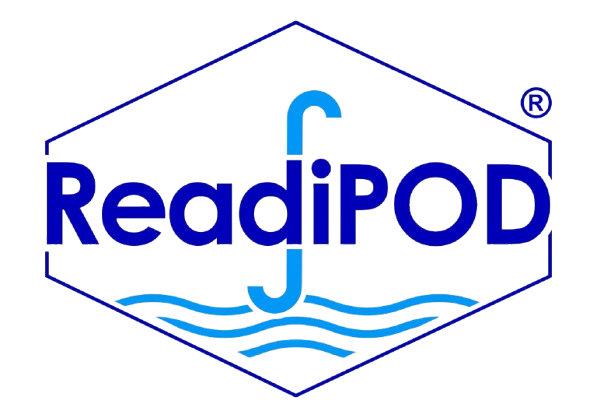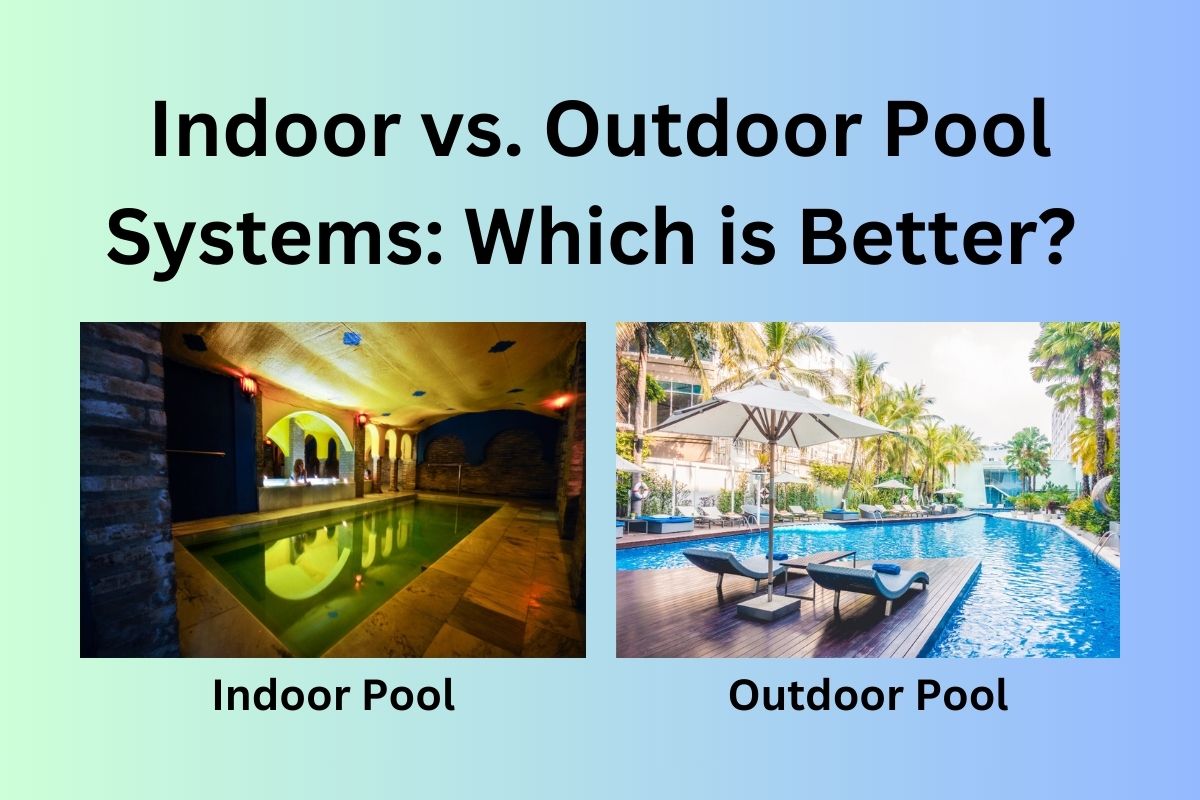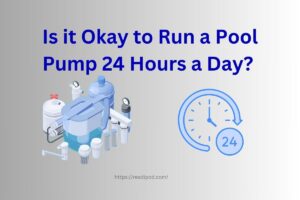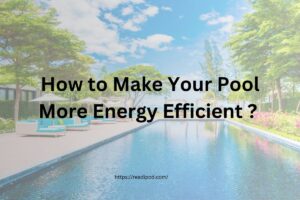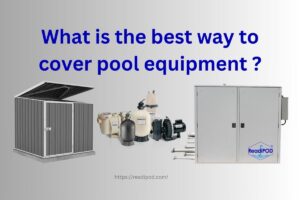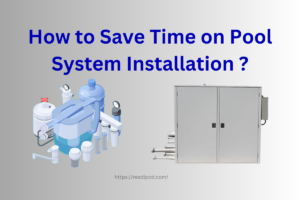Adding a pool to your home can transform it into a personal oasis, offering endless enjoyment and a fantastic way to stay active. But one of the first questions that comes up when planning a pool installation is whether to go with an indoor or outdoor pool system. Each option has its own unique benefits and potential drawbacks, from installation costs and maintenance needs to usability in different climates.
In this guide, we’ll break down the pros and cons of both indoor and outdoor pool systems to help you make an informed choice. Whether you’re looking for a year-round swimming retreat or an open-air summer escape, this comparison will help you decide which type of pool system best aligns with your lifestyle, budget, and environment.
Overview of Indoor and Outdoor Pool Systems
When choosing between an indoor and outdoor pool, it’s essential to understand the unique features each offers. Both options come with distinct setups, benefits, and maintenance needs, allowing homeowners to customize their pool experience based on climate, budget, and intended use.
Indoor Pool Systems
Indoor pools are built within an enclosed structure, offering controlled conditions that make swimming accessible and enjoyable year-round. These pools are often located in dedicated rooms within the home, a separate building, or under a covered area that can fully insulate the pool from outdoor elements. Indoor pool systems require humidity control measures and specialized HVAC systems to manage air quality and prevent excess moisture buildup, which helps avoid mold and mildew issues.
An indoor pool is ideal for those who want a private, all-season swimming environment without concern for external weather changes. Because they’re protected from debris and the elements, indoor pools tend to be easier to maintain and less affected by seasonal changes.
Outdoor Pool Systems
Outdoor pools are built in open spaces, allowing users to enjoy natural light, fresh air, and the surrounding landscape. These pools vary widely in style, shape, and size, as they don’t have the same space restrictions as indoor pools. Outdoor pools are generally more affordable to install since they don’t require additional structures, ventilation, or moisture control systems.
While outdoor pools can require more regular cleaning and upkeep to manage debris, seasonal weather changes, and algae growth, they provide a refreshing and open swimming experience perfect for sunny days and warm weather. However, in colder climates, outdoor pools may only be usable part of the year unless additional heating solutions are added. Many homeowners enjoy the aesthetics and relaxation of an outdoor pool and often use landscaping, lighting, and pool covers to enhance its functionality and appearance.
Pros and Cons of Indoor Pool Systems
Indoor pool systems offer unique advantages for those seeking a year-round, private swimming experience. However, they also come with specific considerations, especially in terms of cost, space, and maintenance. Below is a quick comparison of the key pros and cons of indoor pools to help you assess whether this type of pool system aligns with your needs and lifestyle:
| Pros of Indoor Pool Systems | Cons of Indoor Pool Systems |
| Weather Independence: Enjoy swimming year-round, unaffected by outdoor weather, which is ideal for colder climates. | Higher Initial Cost: Indoor pools require enclosures, ventilation, and specialized construction, making them more expensive than outdoor pools. |
| Enhanced Privacy and Security: Provides a private, enclosed space that’s ideal for families seeking a secure and contained swimming environment. | Space Requirements: Indoor pools need a dedicated indoor area, which may require converting existing spaces or additional construction. |
| Reduced Maintenance Needs: Protected from outdoor debris and algae, indoor pools demand less frequent cleaning and chemical adjustments. | Ventilation and Humidity Control Needs: High humidity levels require HVAC systems to prevent mold and structural damage, adding to operational costs. |
| Energy Efficiency Options: Controlled environments allow for more efficient heating and lower evaporation, reducing energy and chemical costs over time. | Limited Outdoor Experience: Indoor pools lack the natural ambiance of outdoor pools, which may be less appealing to those who enjoy open-air swimming. |
| Year-Round Accessibility: Perfect for consistent access to exercise, therapy, and family fun, regardless of the season. |
Pros and Cons of Outdoor Pool Systems
Outdoor pool systems provide an inviting and aesthetically pleasing way to enjoy swimming and relaxation in your own backyard. They allow for an open-air experience that many people find enjoyable, especially during warm months. However, outdoor pools also come with specific challenges, such as maintenance needs and seasonal limitations. Below is a comparison of the key pros and cons of outdoor pools to help you decide if this option suits your lifestyle and preferences:
| Pros of Outdoor Pool Systems | Cons of Outdoor Pool Systems |
| Natural Aesthetics: Outdoor pools blend beautifully with landscaping, enhancing your yard’s appearance and adding visual appeal. | Seasonal Limitations: Outdoor pools are often limited to warm-weather use and may require winterization, especially in colder climates. |
| Lower Installation Cost: Outdoor pools are generally more affordable as they don’t need enclosures, ventilation, or other indoor-specific structures. | Higher Maintenance Needs: Outdoor pools are exposed to dirt, leaves, insects, and require regular cleaning and chemical treatments, adding to time and cost. |
| Open-Air Experience: Swimmers can enjoy fresh air, sunshine, and an open atmosphere, creating a relaxing outdoor retreat. | Security Concerns: Outdoor pools often require safety measures like fencing or covers to ensure protection for children, pets, and guests. |
| Flexible Location Options: With fewer space constraints, outdoor pools can be designed to fit various backyard layouts, allowing for more customization in size and style. | Exposure to Weather: Sun, storms, and other weather conditions can cause wear and tear, leading to potential repairs or replacements over time. |
Cost Comparison: Indoor vs. Outdoor Pools
When deciding between an indoor or outdoor pool system, understanding the associated costs is crucial. Both options involve varying initial investments, ongoing maintenance expenses, and potential additional costs depending on features and installations. Below is a breakdown of the key cost factors to consider for each pool type:
| Cost Factors | Indoor Pools | Outdoor Pools |
| Initial Installation Costs | Construction and Enclosure: Requires extensive construction for space, including walls and ventilation. Estimated Cost Range: $50,000 – $100,000 or more. | Site Preparation and Pool Type: Lower construction costs; varies by above-ground vs. in-ground pool. Estimated Cost Range: $25,000 – $70,000. |
| Ongoing Maintenance Costs | Humidity Control: Includes HVAC system maintenance and regular water quality checks. Estimated Annual Cost: $2,000 – $4,000. | Seasonal Maintenance: Requires frequent cleaning and winterization; fluctuating chemical needs. Estimated Annual Cost: $1,500 – $3,000. |
| Additional Costs | Insurance and Property Value: May increase home value and insurance premiums. Renovations: Additional renovation costs for installation. | Safety Features: Costs for fencing, covers, and alarms. Landscaping and Upgrades: Investments in landscaping, outdoor furniture, and lighting. |
Energy Efficiency and Environmental Impact
When deciding between indoor and outdoor pool systems, energy efficiency and environmental considerations play a crucial role in shaping your decision. Each option comes with its own set of energy demands and ecological footprints, making it essential to understand how they measure up in these areas.
| Aspect | Indoor Pools | Outdoor Pools |
| Energy Efficiency | Controlled Environment: Optimized heating systems maintain consistent temperatures. Reduced Evaporation: Minimized water evaporation leads to lower water and chemical usage. | Heating Needs: Higher energy demands for heating, especially in colder climates. Evaporation Rates: Increased evaporation leads to higher water usage and chemical costs. |
| Environmental Impact | Humidity Management: Requires HVAC systems, which can consume significant energy; energy-efficient systems can help mitigate this impact. Water Usage: Less evaporation makes indoor pools more water-efficient. | Chemical Use: Typically requires more chemicals due to exposure to the elements, leading to potential environmental concerns. Landscaping and Resources: Installation can have both positive and negative effects on the environment, depending on practices. |
Aesthetic and Lifestyle Considerations
Choosing between indoor and outdoor pool systems involves more than just functional aspects; aesthetic appeal and lifestyle integration play significant roles in the decision-making process. Each type of pool offers unique advantages in terms of design possibilities and the lifestyle experiences they foster. Let’s delve into how these considerations influence your choice.
| Aspect | Indoor Pools | Outdoor Pools |
| Aesthetic Appeal | Luxurious Atmosphere: Can be customized with architectural elements, lighting, and finishes. Consistent Aesthetic: Uninterrupted by weather, allowing for year-round enjoyment. | Natural Integration: Blends with landscaping, enhancing the backyard’s beauty and functionality. Design Variety: Available in various designs and finishes to complement home exteriors. |
| Lifestyle Integration | Convenience: Available for swimming regardless of weather, ideal for fitness and relaxation. Multifunctional Space: Can serve for entertaining, hosting parties, or personal relaxation. | Social Atmosphere: Becomes the centerpiece for gatherings and outdoor activities, promoting social interaction. Seasonal Enjoyment: Encourages outdoor leisure, although access may be limited in colder months. |
Which Pool System is Right for You?
Choosing the right pool system is an important decision that depends on various factors, including your personal preferences, lifestyle, budget, and the specifics of your property. Here’s a guide to help you determine whether an indoor or outdoor pool is the better fit for you.
| Factor | Indoor Pools | Outdoor Pools |
| Lifestyle | • Ideal for year-round swimming and fitness. • Great for families and private use. • Can serve as a multifunctional entertaining space. | • Perfect for summer gatherings and outdoor activities. • Encourages outdoor living and socializing. • Provides a refreshing escape in the sun. |
| Aesthetic Preferences | • Can be customized to match home interior style. • Offers a luxurious and controlled environment. • A consistent look throughout the year. | • Enhances backyard beauty and curb appeal. • Can be integrated with landscaping for a natural oasis. • Offers a vibrant outdoor atmosphere. |
| Budget Considerations | • Higher initial installation and maintenance costs. • Requires HVAC systems for humidity control. • Can add significant home value and year-round enjoyment. | • Generally lower initial costs. • Ongoing maintenance and heating costs can add up. • Budget for chemicals, cleaning, and potential repairs. |
| Space and Property | • Requires adequate indoor space for installation. • Great for maximizing interior space use. • Offers privacy from the outdoors. | • Best for larger backyards and outdoor spaces. • Ideal for properties with a focus on outdoor entertainment. • Must comply with local regulations and property lines. |
Conclusion
Selecting the right pool system, whether indoor or outdoor, relies on your unique needs, lifestyle, and environment. Indoor pools offer year-round access and a private, customizable space, making them ideal for those who appreciate consistent use regardless of the weather. On the other hand, outdoor pools provide a refreshing escape and promote social gatherings during the warmer months, making them perfect for outdoor enthusiasts.
As you evaluate your options, consider your climate, budget, and how you envision enjoying your pool. Both indoor and outdoor pools can enhance your home and deliver enjoyment for years to come.
For a hassle-free and efficient solution to your pool needs, explore ReadiPOD. Our innovative all-in-one pool equipment packages are designed to meet your specific requirements, ensuring quick installation and reliable performance. Start your journey toward creating your personal oasis with ReadiPOD today.
